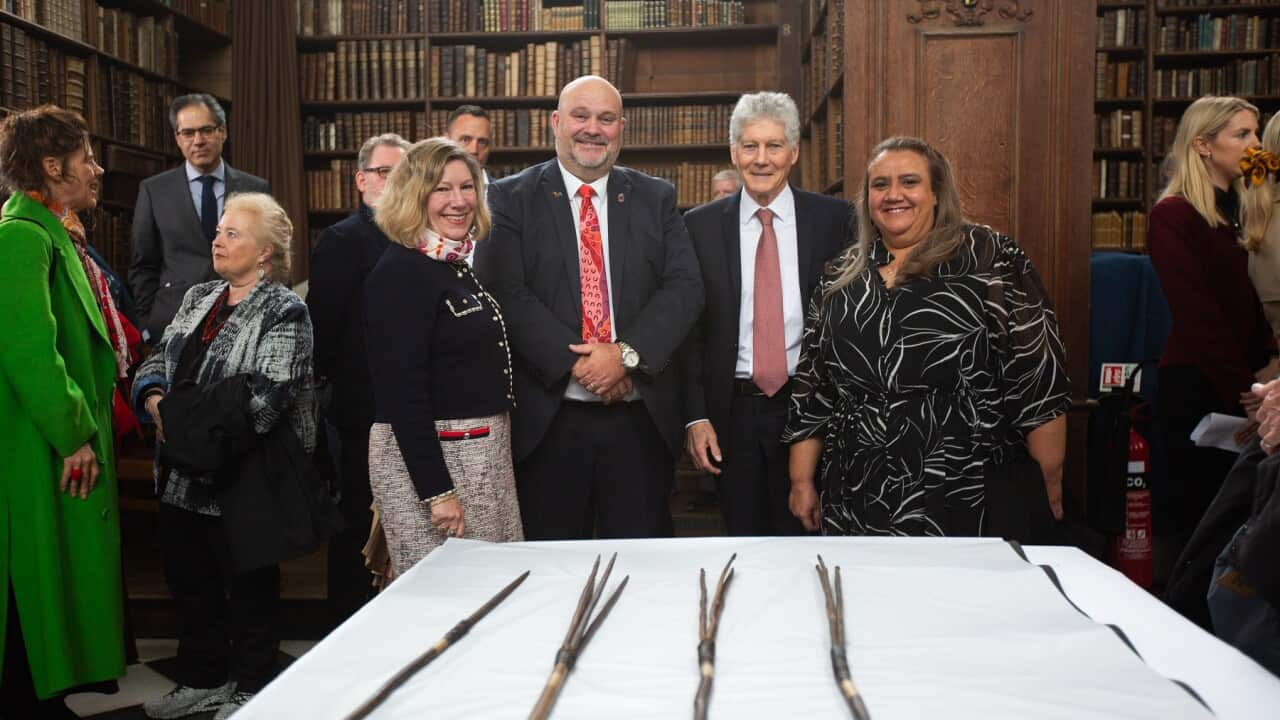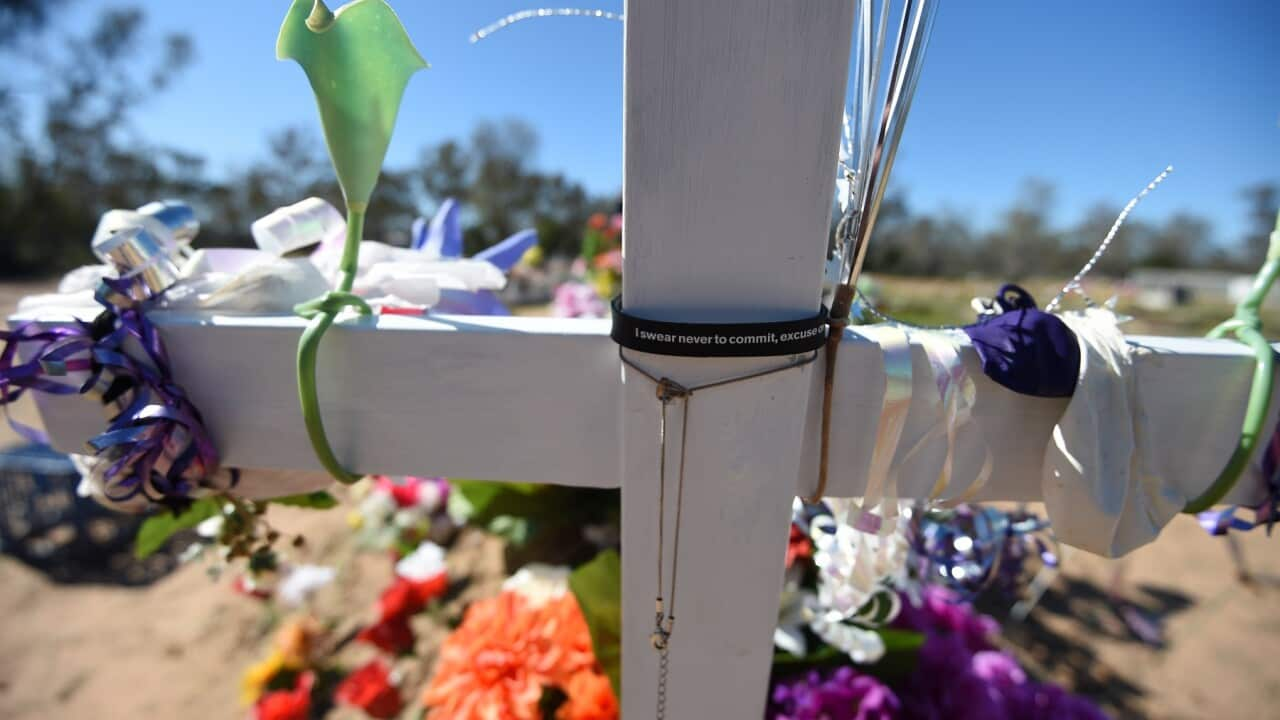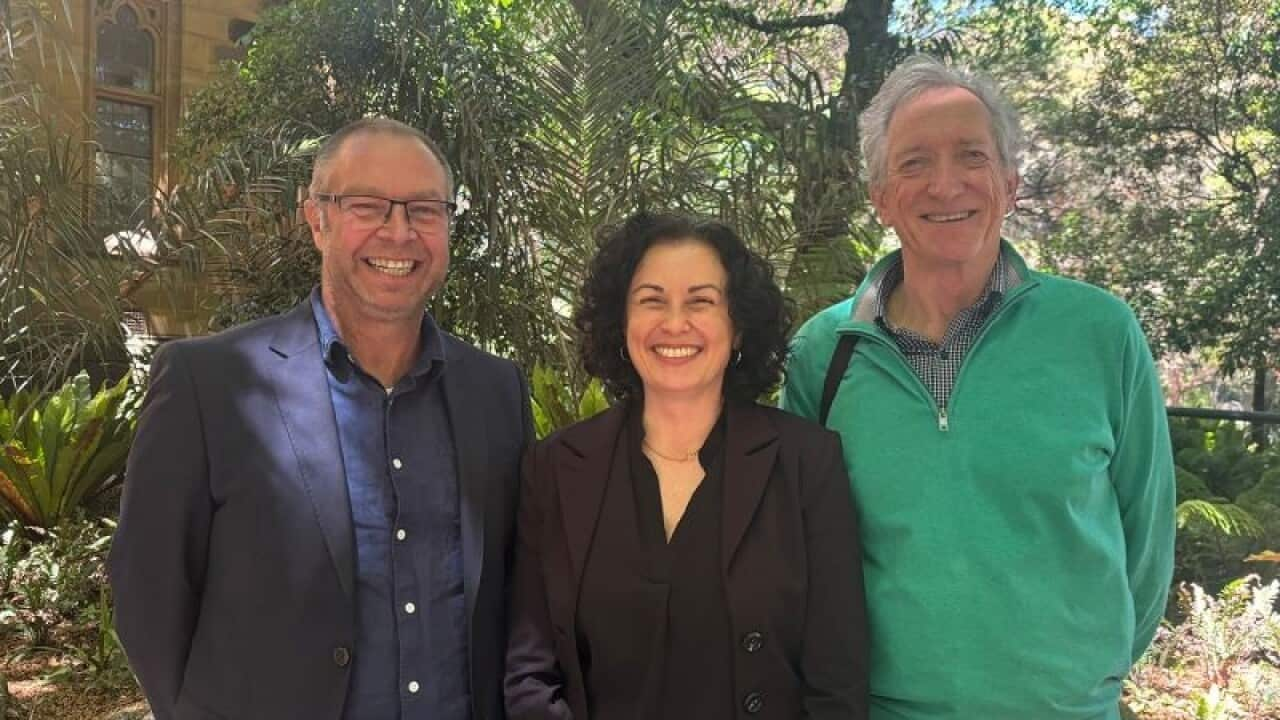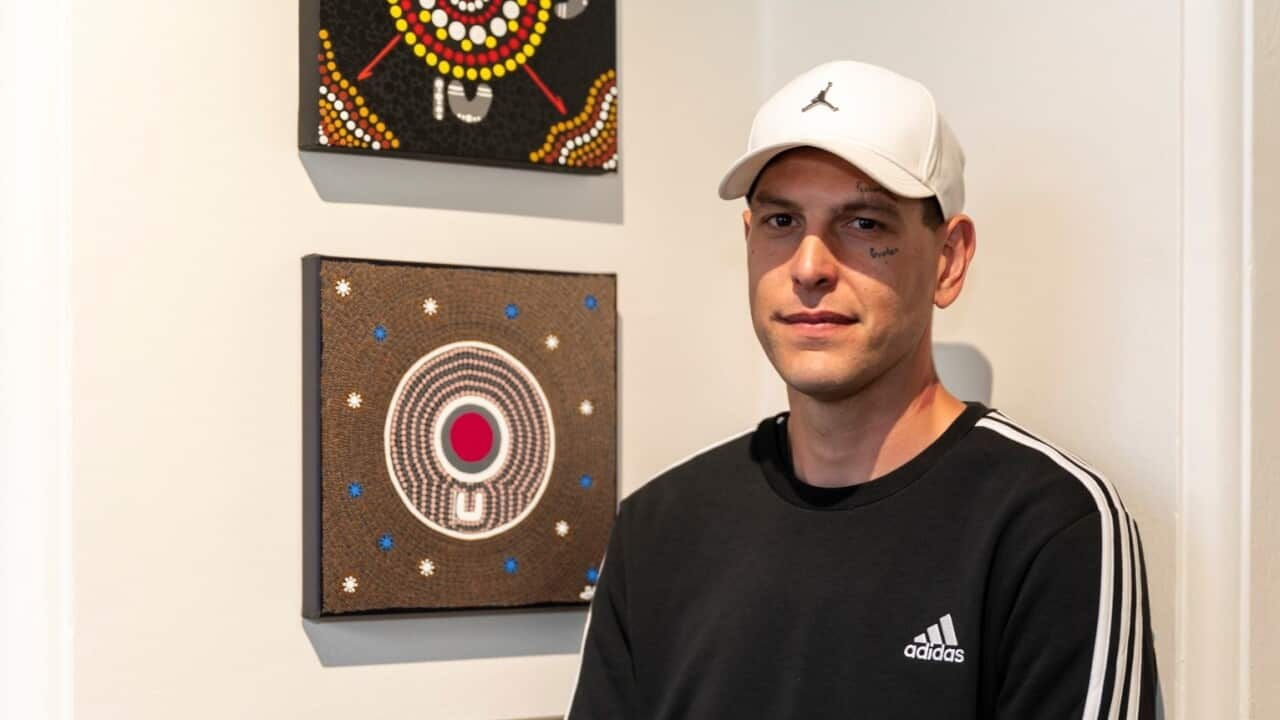TRANSCRIPT
On a simple table, in the middle of the grand Wren Library at Cambridge University’s Trinity College, sit four hand-made spears.
It's a physical representation of the moment of first contact between the British Empire and Australia’s First Nations people.
Items taken by Captain James Cook and documented by his botanist Joseph Banks as ‘pikes’.
254 years later, they are being returned to country.
The formal handover of the spears was an emotional moment for those who’d campaigned for this day.
Noeleen Timbery represents the La Perouse Local Aboriginal Land Council.
“It’s a very important chapter in the story of our community. In the story of our ancestors. And bringing these, as I call them, survivors from a moment in time… the shared history of our country… they’re very important to us as a community, they’re important to all of Australia, and we’re happy they’re finally coming home. They were created, they were made before European arrival. Our ancestors made these before they had any sense anything was coming. They’re tools, they were made for a purpose, they weren’t made to sit in a museum.”
The spears were given to Trinity College in 1771 by Lord Sandwich and displayed in a University Museum.
But it was in the 1990s, that the first enquiries about their potential return were made.
Repatriation is not a quick process.
Ray Ingrey is the Chair of the Gujaga Foundation, which leads language and cultural activities within the La Perouse Aboriginal Community.
“Because it’s been a bit of a long time, there’s many people that kicked off this campaign or wanted to see this happen who are no longer with us. It’s mixed emotions for us, a lot of the senior women in the La Perouse Aboriginal Community in the 90s wanted to see these returned, but its pleasing that their grandkids and great grandkids are here with us, taking them home.”
The return of Indigenous artefacts is a controversial topic in Britain.
Trinity College had twice loaned the spears for displays in Australia in recent years.
Those who’ve cared for them feel repatriation is of benefit to both countries.
Professor Nicholas Thomas is the Director of Trinity’s Museum of Archaeology and Anthropology.
“The artefacts are part of the British history and I think it’s important we in Britain understand Britain’s history as involving these colonial encounters, at times colonial violence, a whole range of relationships. These kinds of collections have enormous educational potential, in some cases that potential will be enlarged if material goes back to the places it comes from.”
There are thought to be at least 39,000 Indigenous Australian artefacts at museums in the United Kingdom - and it’s hoped the process for repatriation can be sped up, so it takes years, rather than decades.
Australia’s High Commissioner to the UK Stephen Smith says around 12 thousand items have been returned so far.
“It is a painstaking and careful process, of course we would want returns and repatriations to be done more quickly, in the end we want them to be done properly, we want them to be done with full consultation and agreement with the indigenous community concerned. We’re in a much better space as far as that process is concerned now than we were some years or decades ago and that’s an unambiguously good thing of course.”
Forty spears were recorded as being taken by Captain Cook from the villages of the Gweagal people.
It’s not clear what happened to the rest.
Noeleen Timbery hopes more will be discovered.
“We’re happy to have conversations with any museums who find some spears in their back storage area or any other objects that might be significant to our mob.”
The four spears handed over today will initially be cared for by the University of Sydney, but will eventually be put on public display at a new permanent facility on the very site, at Botany Bay, from where they were taken in 1770.
Ray Ingrey again:
“This is a win for all Australians, this is where our shared history began, we believe we’ll be able to balance the story of what happened in 1770, there for everyone to come to see the spears up close and personal.”
With the formal handover now complete, the spears will be returned to Australia in the coming weeks.













